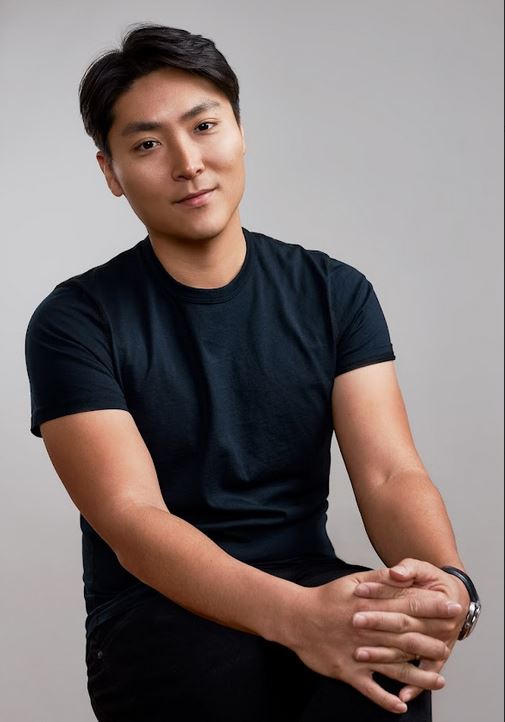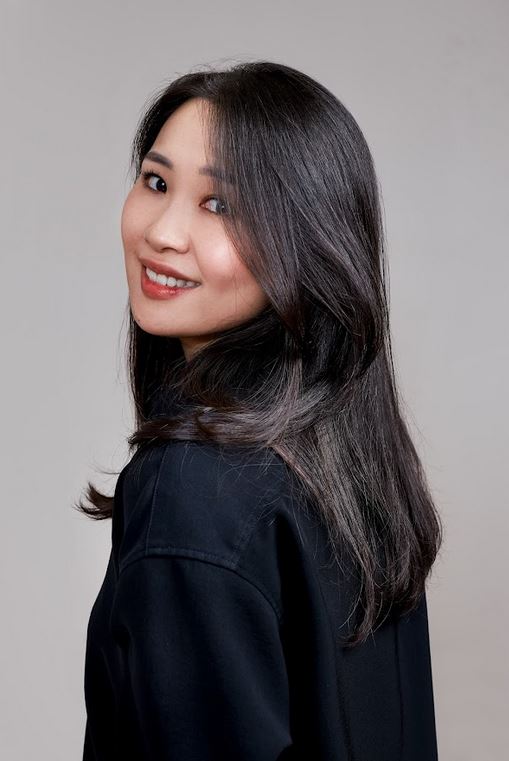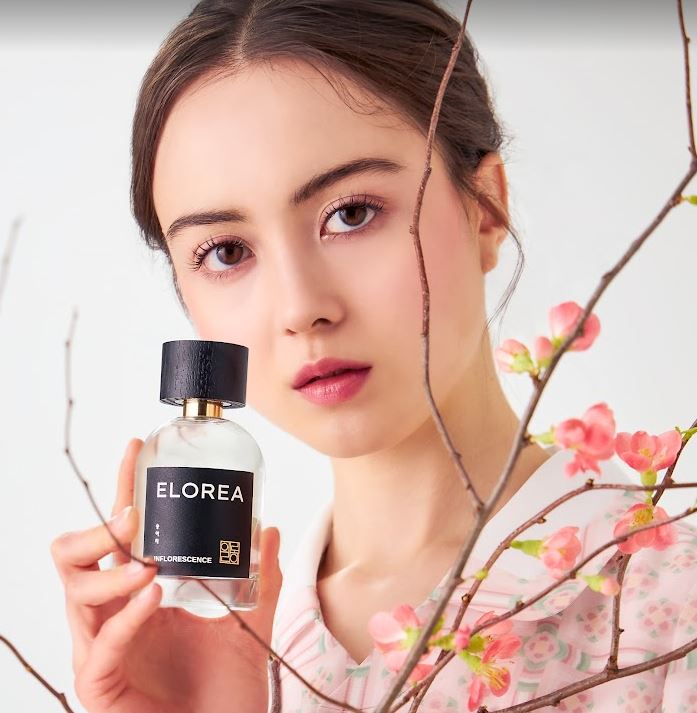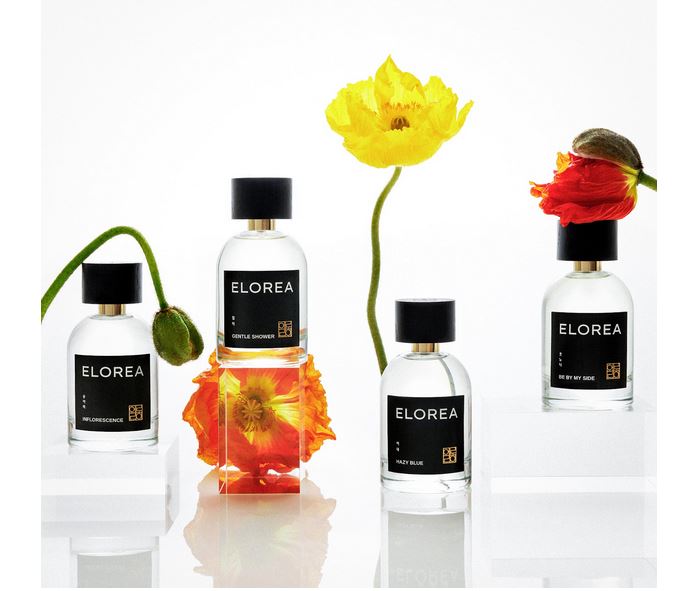By Xintian Tina Wang
In the bustling aisles of a popular K-beauty retailer, Su min Park and Wonny Lee stumbled upon an intriguing realization: while the shelves were adorned with an array of Korean beauty products, the fragrance section displayed only familiar Western brands that they could easily find back home in New York. This glaring discrepancy perplexed the Korean American couple — the fragrance industry had a diversity problem.
The history of perfumery, as Lee highlighted, has largely been Eurocentric, because most ingredients are sourced from the region. In earlier days, perfumers predominantly hailed from Grasse, a small town in France. However, the industry seemed to have overlooked the rich fragrance heritage of Korea, which dates back to the 5th century when people crushed flowers and spices for their own unique scent pouches worn around their necks with Hanbok, the traditional Korean dress.

“Thousand years ago, Koreans used scent in the way like how we used it today, which is to create your unique aura. Whereas the European version of perfume actually originated from body deodorant, in which perfume was used to mask body odor,” says Lee.
Inspired by Korea’s centuries-old scent history, Park and Lee embarked on a mission to challenge the Eurocentric perfume industry. They established Elorea, a New York-based fragrance business that celebrates Asian culture by offering unisex fragrances formulated with key ingredients sourced from distinct regions in Asia. Founded in November 2021, Elorea quickly gained a devoted following, with a quarter of its customers repurchasing its products within three months, and over half of its revenue coming from repeat customers.
“Elorea,” meaning “Elements of Korea,” has always been at the forefront of infusing Korean culture into every aspect of their products, branding, and campaigns. This March, Elorea launched its Forgotten Words collection, featuring four perfumes, each centering around native Korean words that were not commonly used in the modern lexicon: Inflorescence [송아리 : Songari], an array of flowers or fruit on a single stem; Gentle Shower [잠비 : Jambi], an unexpected rainfall that allows harvesters to have a moment of rest; Hazy Blue [이내 : Ēnae], the bluish, hazy energy that is visible in the distance during sunset; Be By My Side, [흐노니 : Hūnoni], missing someone dearly.

The selection of these words was influenced by their poetic nature and ability to transport individuals to distinct places or memories, the founders say. Park continues that although these words may no longer be in common use, they retain significant importance in the cultural heritage of the country.
“We believe that these words possess profound poetic meaning, and as such, each fragrance in the collection evokes a very specific ambiance or emotion,” she said.
Linda Song, a senior perfumer at multinational fragrance manufacturer company Givaudan, shares that it’s a memorable aromatic experience to work with ingredients like ginseng that are uniquely grown and celebrated in Korea while formulating the scents for the products. As one of few Asian American perfumers in the industry, Song is constantly pushing for diversity in the fragrance industry.
“It felt deeply personal, collaborative, and inspiring all at the same time. The fact that we can translate these ideas into fragrances to match the authentic and original vision is a moving experience,” says Song.
These days, more Asian fragrance brands have begun to gain momentum in the global market, with notable players like Singapore’s Maison 21G, Korea’s Tamburins, and China’s Maison Dixsept entering the scene. Elorea still holds a special place as it is the only brand truly inspired by Korean scent history in the U.S. Their commitment to pushing Korean culture forward resonated with investors like the international conglomerate holding company CJ Group, who saw the brand’s potential to make a lasting impact.

Interestingly, Elorea’s customer base extends beyond Asian Americans. Park and Lee found that individuals who fell in love with Korean culture, regardless of their background, gravitated toward their brand. Recently, Elorea opened its first store in SoHo, New York, to bring the complete sensory experience to more customers.
“The Korean word for both perfume and the tender longing for home is hyang soo, [향수]. It’s incredibly poetic because out of all our senses, scent is the most powerful; it can evoke transportive memories and awaken deep emotions,” says Park. “We all have a special place in our hearts, and Korea is that place for us.”
AsAmNews is published by the non-profit, Asian American Media Inc.
We are supported through donations and such charitable organizations as the Robert Wood Johnson Foundation. All donations are tax deductible and can be made here.
Please follow us on Instagram, TikTok, Facebook, YouTube and X.

